This is a rare transparent move from a technology giant, opening up a direct view that researchers have been waiting for many years.
According to Google's report, an average text query sent to the Gemini AI service consumes 0.24 watt-hours of electricity, which is equivalent to turning on a microwave for about a second.
In terms of emissions, this number corresponds to 0.03 grams of CO₂, and in terms of water, Gemini “drinks” about 0.26 ml per question, which is only 5 drops of water.

“We wanted to make this measurement comprehensive,” said Jeff Dean, Google’s chief scientist . “Users shouldn’t be too concerned, as the energy consumption of Gemini is comparable to very small daily activities, like watching a few seconds of TV or drinking a few drops of water.”
Google said the AI chip itself (TPU) only accounts for 58% of the power, while the CPU and server memory account for 25%, the backup system costs another 10%, and the remaining 8% is for infrastructure costs such as cooling and power conversion in the data center.
This means that running AI not only consumes power on the chip, but also the “behind-the-scenes” machine ecosystem takes up a significant portion.
One notable point is that Gemini is now 33 times more energy efficient than in 2024. Google explains that the improvement comes from model upgrades and software optimization.
However, the above numbers only apply to average queries. More complex requests, such as “give Gemini dozens of books and ask for detailed summaries,” will consume more energy.
Additionally, the report only counts text, not images or videos – which are much more power-hungry.
Experts have praised Google’s move. “This is the most comprehensive analysis to date,” said Jae-Won Chung, a graduate student at the University of Michigan. “It could become a cornerstone in the field of AI energy research.”
However, some scientists note that Google has yet to disclose the total number of queries per day, a key factor in calculating Gemini's true energy consumption.
“It’s important to have a common standard, like the Energy Star label for appliances,” said Sasha Luccioni, an AI and climate expert at Hugging Face. “Right now, it’s up to companies to decide what to disclose and when.”
In a context where AI is increasingly popular and data centers consume huge amounts of energy, Google's public disclosure helps the public better understand the "environmental cost" of the technology it is using.
While not yet fully transparent, Google's report opens the door for users, researchers, and policymakers to more accurately assess the sustainable future of artificial intelligence.
(According to Technology Review)

Source: https://vietnamnet.vn/tien-dien-tang-giam-the-nao-khi-su-dung-ai-google-cong-bo-su-that-gay-soc-2434719.html








![[Photo] General Secretary To Lam attends the 80th Anniversary of the Cultural Sector's Traditional Day](https://vphoto.vietnam.vn/thumb/1200x675/vietnam/resource/IMAGE/2025/8/23/7a88e6b58502490aa153adf8f0eec2b2)





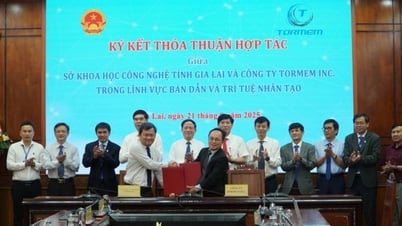




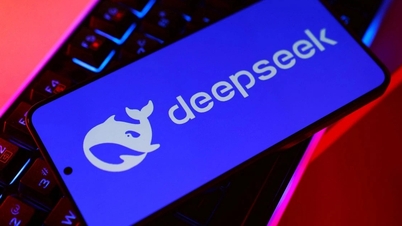




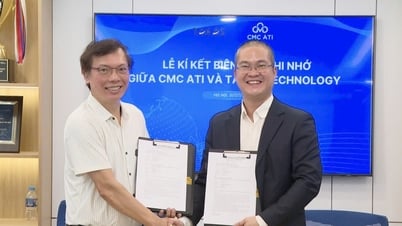







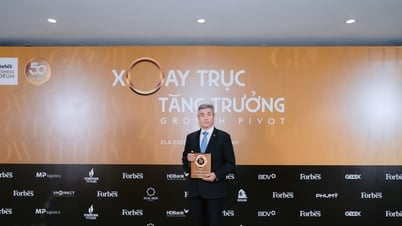










































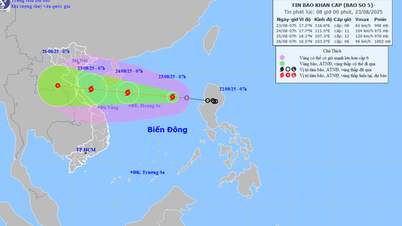
























Comment (0)